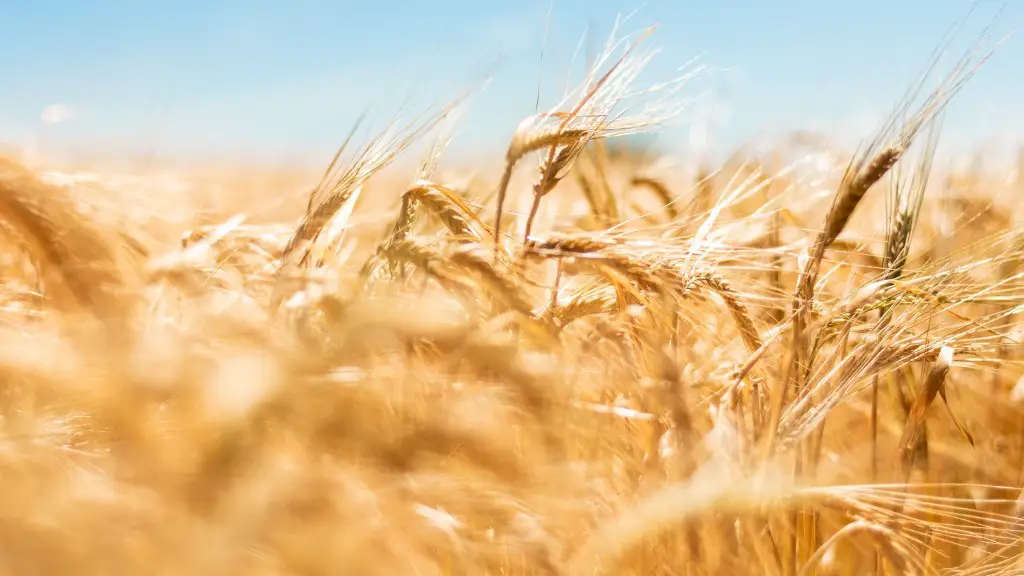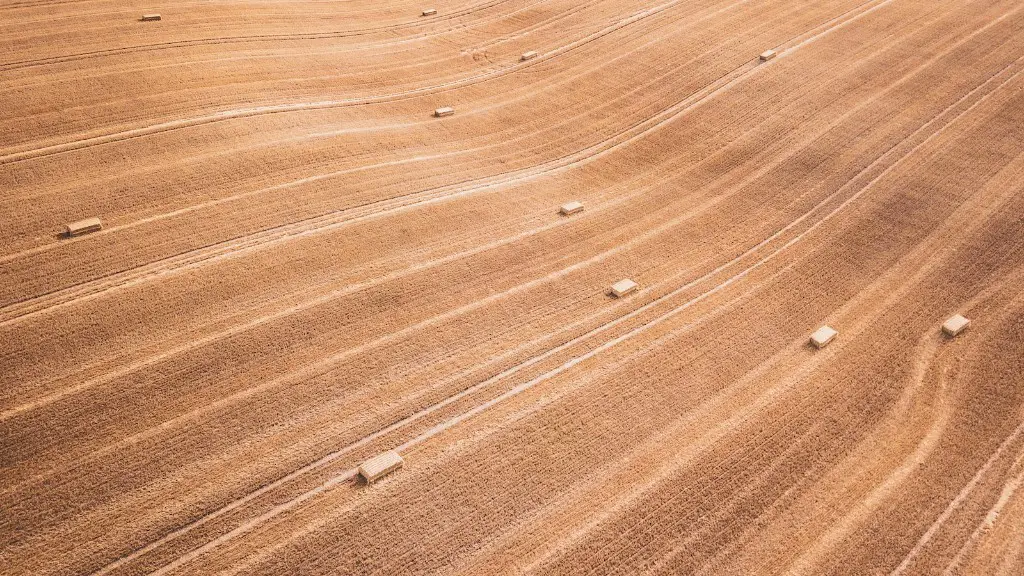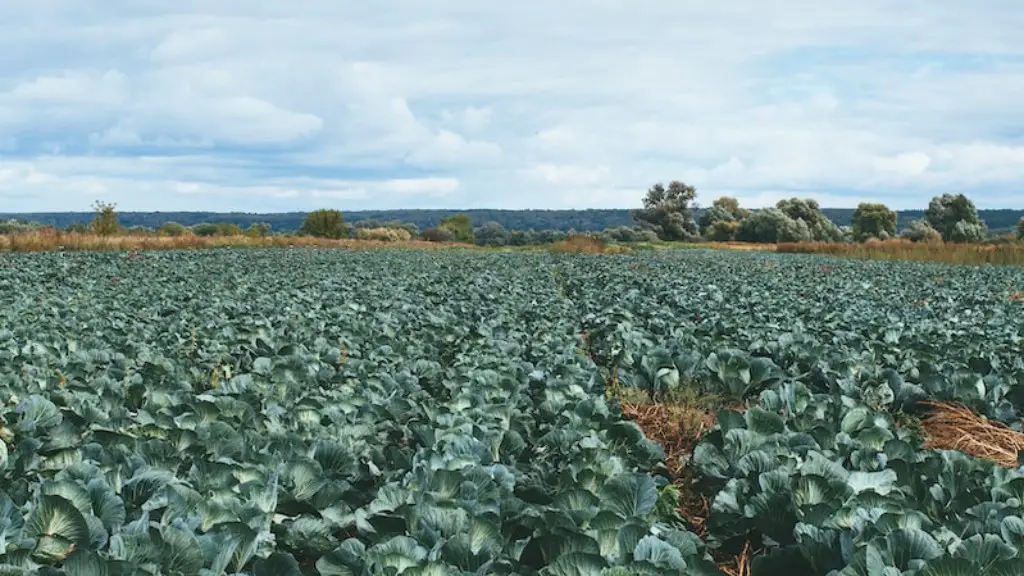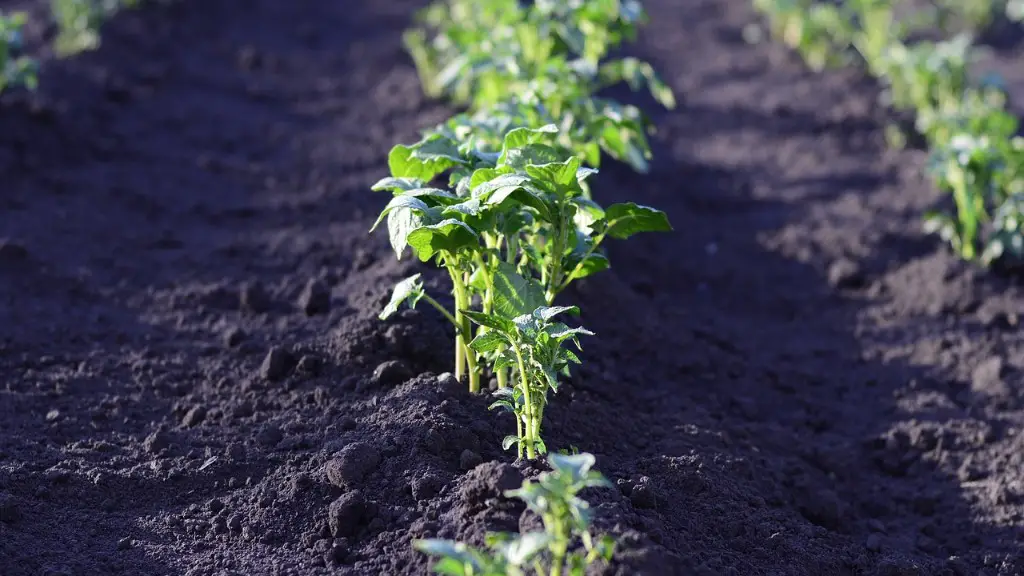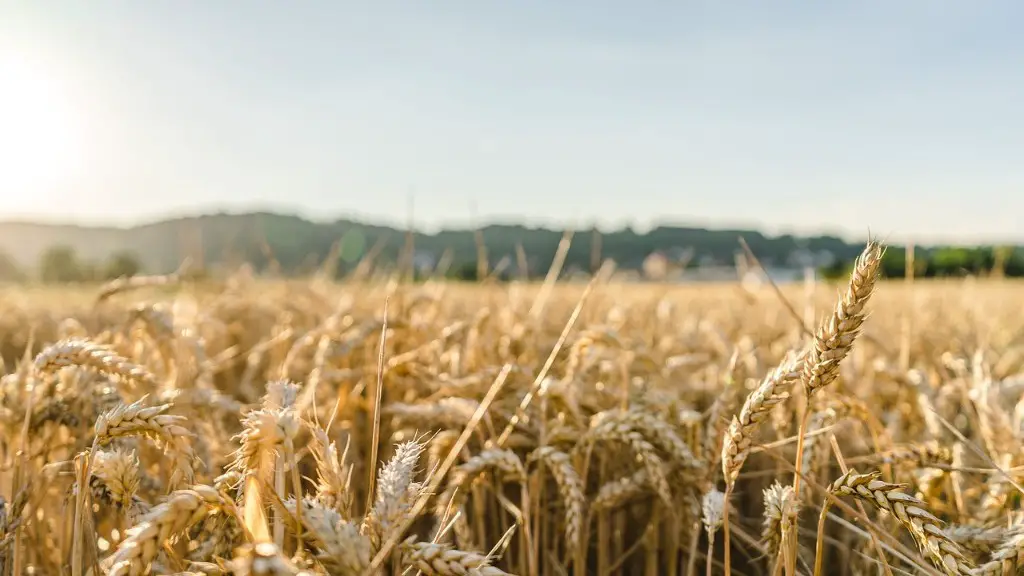In the past, most African societies were based on subsistence farming, which means that people grew just enough crops to feed themselves and their families. However, the development of agriculture has led to the growth of large-scale commercial farms, which produce crops for export. This has had a number of effects on African societies. For example, it has led to the displacement of small-scale farmers, who are often forced to work on the large farms. This can lead to social problems, such as crime and poverty. In addition, the development of agriculture has also had an impact on the environment, as large-scale farming can lead to soil erosion and the depletion of water resources.
The development of agriculture had a profound impact on African societies. It allowed for the domestication of plants and animals, which led to the formation of permanent settlements and the rise of civilizations. Agriculture also allowed for the growth of surplus food supplies, which allowed for the development of trade and commerce.
What is the impact of agriculture on Africa?
Africa is a continent with vast resources and great potential. However, it faces many challenges, including high levels of poverty and unemployment. The continent’s economy is largely dependent on agriculture, which employs about two-thirds of the working population. Each country contributes an average of 30 to 60 percent of gross domestic product and about 30 percent of the value of exports. Agriculture is the main source of livelihood for many people in Africa, but it is often hampered by poor infrastructure, lack of access to markets, and low productivity. In addition, Africa is rich in natural resources, but these are often underexploited or not exploited at all. This is due to a lack of investment, poor infrastructure, and weak institutions. As a result, Africa’s development potential is not being realized.
The growth of cities and civilizations can be traced back to the development of agriculture. Agriculture allowed for the domestication of plants and animals, which in turn led to a surge in the global population. Today, the world’s population stands at over seven billion people, thanks in part to the advances made in agriculture.
How did agriculture change the way early Africans lived
Farming allowed people to stay in one place and not have to travel to find food. They could grow crops or raise animals on nearby land. This led to the development of stronger, more permanent homes and the surrounding of settlements with walls for protection.
One result of the development of agriculture in early Africa was that ties and connections between extended families became stronger. With the ability to grow and harvest food, families were able to stay in one place for longer periods of time and form stronger bonds. This led to a more supportive and close-knit community.
What are 3 impacts from the agricultural revolution?
The agricultural revolution was a huge turning point in human history. It led to the domestication of plants and animals, which in turn allowed for the growth of civilizations. However, the agricultural revolution also had a number of negative consequences for humans. It has been linked to societal inequality, as well as a decline in nutrition and an increase in infectious diseases.
The agricultural sector is key to achieving a transformational impact on Africa’s economy. The sector employs 65-70 percent of the continent’s labor force and typically accounts for 30-40 percent of GDP. More than 70 percent of the continent’s poor live in rural areas, and agriculture is their most important economic activity. Agricultural growth is essential for reducing poverty and hunger, and for achieving economic and social development. The sector presents a significant opportunity for Africa to transform its economy and improve the lives of its people.
What is the history of agriculture in Africa?
The first efforts to domesticate plants in West Africa started slowly. Eventually, West Africans began to settle and grow their food full-time. From 3000 BCE to 1000 BCE, the practice of farming spread across West Africa. These early farmers grew millet and sorghum.
In some ways, agriculture has been a mixed blessing for humanity. On the one hand, it has allowed us to support a much larger population than we could otherwise. On the other hand, it has had some negative environmental impacts, as farmers have deforested land to create fields and used irrigation to deplete water sources.
What are the main impacts of agriculture
Agriculture is the leading source of pollution in many countries. Pesticides, fertilizers and other toxic farm chemicals can poison fresh water, marine ecosystems, air and soil. They also can remain in the environment for generations. This is a major problem that needs to be addressed.
The first agriculture in Africa began around the Sahel and the south of the Sahara Desert, which in 5200 BC was far more moist and densely populated than today. Several native species were domesticated, most importantly pearl millet, sorghum and cowpeas, which spread through West Africa and the Sahel.
What changes did agriculture bring?
When early humans began farming, they were able to produce enough food that they no longer had to migrate to their food source. This meant they could build permanent structures, and develop villages, towns, and eventually even cities. Closely connected to the rise of settled societies was an increase in population.
Africans domesticated animals from other continents, like sheep and cattle, which were easier to control. This had the effect of increasing population levels, as these animals could be used for food and other purposes. However, the domestication of these animals led to a decline in the populations of native African animals, like giraffes and rhinoceros, as they were no longer needed for food or other purposes.
What was the biggest impact of the Agricultural Revolution on early societies
Agricultural revolution is a term used to describe the major changes in agriculture that took place in Europe and the wider world during the 18th and early 19th centuries. It was a period of unprecedented technological change and development, with new types of crops, livestock, and equipment being introduced. The agricultural revolution had a profound impact on human society, helping to drive economic growth and spur urbanization. It also laid the foundation for modern industrial society, with its reliance on large-scale production and mass consumption.
The Agricultural Revolution was a period of great upheaval in the way that people produced food. New technologies and methods led to vast increases in agricultural production, which in turn allowed for unprecedented population growth. This growth put new pressures on traditional agrarian societies, leading to changes such as rural-to-urban migration and the development of a more coherent and loosely regulated agricultural market.
What was the most important effect of the Agricultural Revolution?
crop rotation systems that involved turnips and clover This system is known as the Norfolk four-course rotation.
The impact of the 2nd Agricultural Revolution was far-reaching. Not only did it lead to advances in food production, but also to better diets, longer life spans, and an increase in population. As population increased, so did the pool for workers in industry. Since most of these jobs existed in cities and new factory towns, mass migration to urban areas began to unfold. This, in turn, led to the development of new and different kinds of jobs, as well as to a myriad of social, economic, and political changes.
Why is agriculture Africa’s most important economic activity
Climatic factors have a significant impact on Africa’s agriculture. The continent’s agriculture is the most important economic activity, employing two-thirds of the working population and contributing 20 to 60 percent of every country’s gross domestic product (GDP). The climate can greatly affect crop yields, which can in turn impact the economy and the people of Africa.
Agriculture is a vital part of the US economy, contributing $1264 trillion to GDP in 2021. This sector includes farming, food production, and related industries, and employs millions of Americans. Agriculture’s share of the overall US economy has remained fairly steady over the past few years, hovering around 54 percent.
Warp Up
The development of agriculture allowed for the domestication of plants and animals which led to the development of civilizations. Agriculture allowed for the growth of cities and the rise of entire empires. It also allowed for the growth of food surpluses which allowed for the development of trade and commerce.
The development of agriculture played a significant role in shaping African societies. It led to the rise of new civilizations and the growth of cities and states. Agriculture allowed for the domestication of plants and animals, which resulted in a more sedentary lifestyle and new forms of social organization. Agriculture also had a profound impact on the environment, as it alteration of the landscape and the introduction of new plants and animals.
